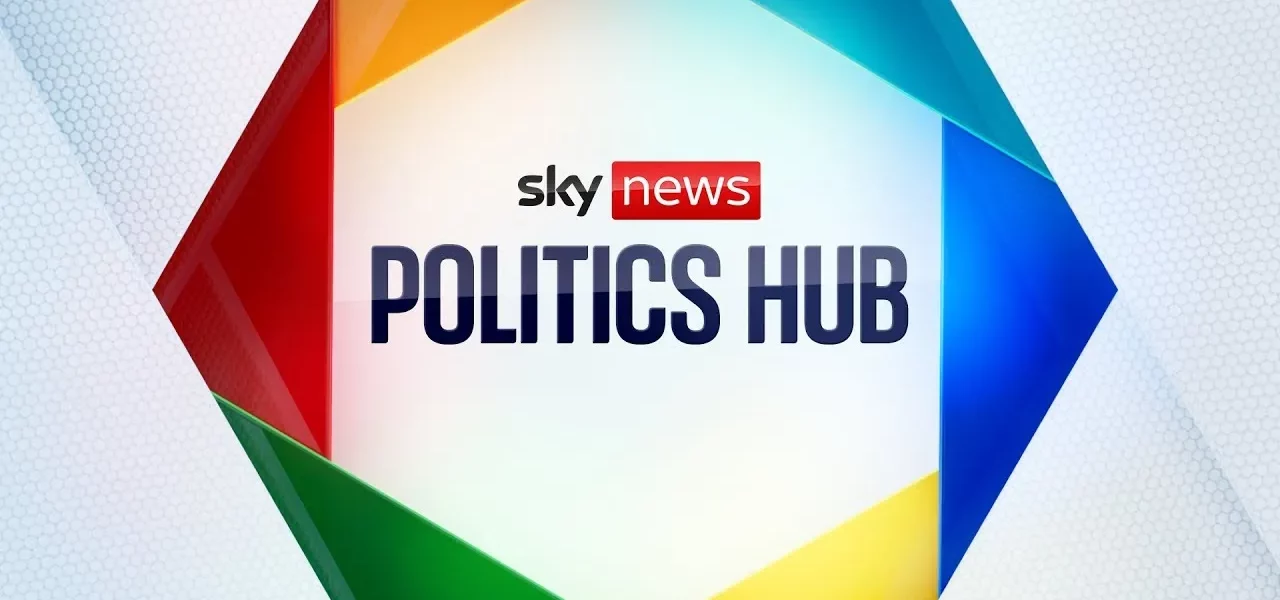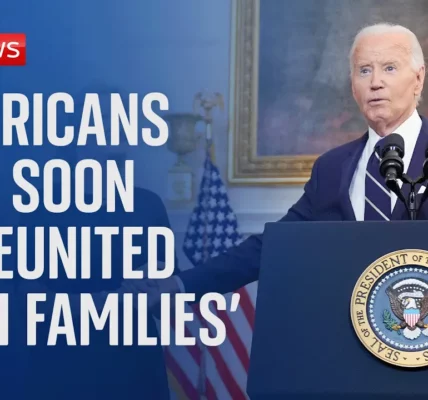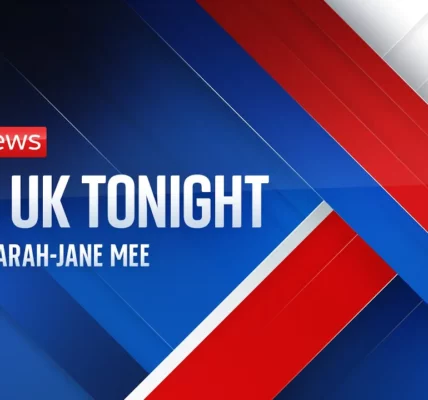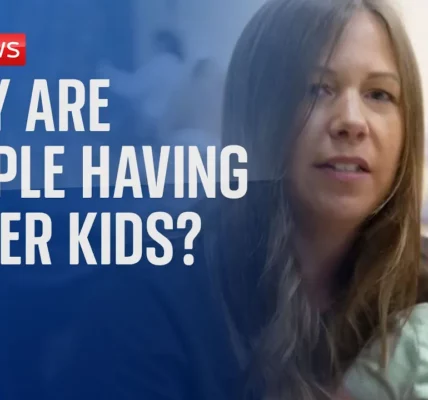UK Politics: Energy Bills, Israel-Gaza Conflict, and Conservative Leadership Race

This article delves into the latest developments in UK politics, focusing on the government’s new energy initiatives, the ongoing Israel-Gaza conflict, and the dynamic race for leadership within the Conservative Party. Explore how these issues impact consumers, the environment, and the political landscape at large.
Introduction
The UK political scene is currently marked by significant developments, including the government’s announcement of measures aimed at reducing energy bills and addressing climate change through the establishment of GB Energy. Concurrently, the international spotlight is on the UK’s stance regarding the Israel-Gaza conflict, with implications for foreign relations and domestic policy. Furthermore, the Conservative Party is undergoing a leadership transition that could reshape its future. This article aims to provide a comprehensive overview of these intersecting issues.
Government’s Energy Initiatives: GB Energy
The UK government has introduced GB Energy, a new state-owned company designed to enhance energy independence and reduce consumer bills by investing in renewable energy sources. Prime Minister Keir Starmer has emphasized the importance of this initiative as a means to combat rising energy costs.
Key Features of GB Energy
- Investment in Renewables: GB Energy will focus on creating a sustainable energy infrastructure through investments in offshore wind and solar projects.
- Partnerships: Collaborations with organizations like the Crown Estate aim to streamline the planning and implementation of renewable projects.
- Community Engagement: The initiative includes plans for community energy projects that allow local residents to invest in and benefit from renewable energy sources.
Financial Implications
While the government has allocated £3.3 billion to kickstart these projects, experts suggest that substantial private investment will be necessary to meet the ambitious targets set for renewable energy generation. The government expects that the initial funding will catalyze private sector investment, potentially totaling up to £60 billion.
The Israel-Gaza Conflict: UK’s Position
As tensions continue in the Israel-Gaza conflict, the UK government faces critical decisions regarding its foreign policy stance, particularly in relation to the International Criminal Court (ICC) and potential war crime allegations against Israeli officials.
Current Developments
The UK government, while traditionally aligned with the United States, is under scrutiny as it considers whether to support or challenge the ICC’s move to issue an arrest warrant for Israeli Prime Minister Benjamin Netanyahu. This shift could signify a significant change in the UK’s foreign policy approach.
Political Reactions
Foreign Secretary David Lammy has stated that the UK respects the independence of the ICC but has not confirmed reports of a potential policy shift. The political landscape is complicated further by public sentiment and the need for diplomatic relations amidst ongoing violence in the region.
Conservative Party Leadership Race
In the wake of the recent general election, the Conservative Party is bracing for a leadership contest that could redefine its identity and strategy moving forward. With several candidates announcing their intentions to run, the party faces internal divisions and external pressures.
Current Candidates
- Robert Jenrick: Former Immigration Minister, positioned as a right-wing candidate.
- James Cleverly: Former Home Secretary, appealing to moderate party members.
- Tom Tugendhat: Seen as a centrist, striving for unity within the party.
Challenges Ahead
The new leader will need to address the party’s waning youth appeal, as recent polls indicate a loss of support among younger voters. Furthermore, the party’s stance on key issues such as immigration and economic policy will be scrutinized as they prepare for the next general election.
Conclusion
The UK political landscape is undergoing significant changes, driven by new governmental initiatives, complex international relations, and a shifting party dynamic within the Conservatives. As the new government implements its energy plans and navigates foreign policy challenges, it will be critical for political leaders to engage with the public and address pressing issues effectively. Stay informed and involved as these developments unfold, as they will undoubtedly shape the future of the UK.
For more insights on UK politics and energy policies, explore our related articles on energy policy reforms and the Conservative Party’s leadership challenges.
“`




